Highlights
Director-General
.jpg?sfvrsn=1a3b574c_1)
News
Earthquake in Myanmar: As the planting season nears, FAO scales up emergency response for farmers
FAO aims to reach over 70,000 people with agricultural inputs and financial and infrastructure support

Story
Out of its cocoon
FAO-China-Uganda South-South project creates new farming opportunities in sericulture.
.jpg?sfvrsn=cf82562b_1)
Director-General highlights agrifood systems' key role in addressing global challenges and turning them into opportunities
Closing remarks to the 177th Session of FAO Council

Interactive story
Heroes of deserts and highlands
Meet the camelids in 3D and see how they help sustain livelihoods, cultures and more.
Photo gallery - Mauritania 2025

In Focus
Champions of sustainability and biodiversity
Indigenous Peoples make up 6.2 percent of the global population, but they safeguard much of the world’s remaining biodiversity. Discover their food and knowledge systems.

In Focus
FAO response to global food security challenges
Data analyses, policy recommendations, and actions on the ground.

Campaign
Explore Camelids! A Fun Journey for Kids
Learn interesting facts, read exciting stories, and participate in engaging activities to understand why camelids are so important around the world.

In Focus
Adequate food for all
Recognizing the right to food upholds the dignity of every person and ensures they can live free from discrimination.
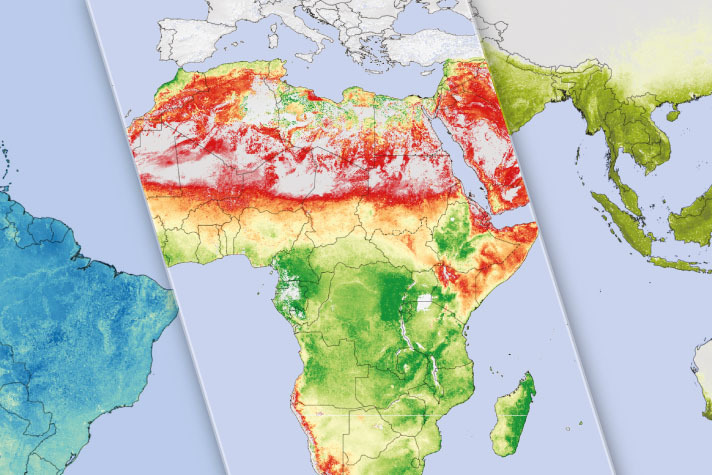
Data
Tracking water consumption around the world
Using satellite data, our WaPOR tool monitors agricultural water productivity at different scales. Access the database now.
Director-General
.jpg?sfvrsn=cf82562b_1)
Director-General highlights agrifood systems' key role in addressing global challenges and turning them into opportunities
Closing remarks to the 177th Session of FAO Council
Join the conversation
Voices of Impact
Climate resilient treasures boosting local economies
11/04/2025
Camels are vital to Mauritania’s culture, economy, and food security. Discover how FAO and the Mauritanian government are empowering communities by improving camel milk production, training cooperatives, and supporting sustainable livelihoods. From dairy to carpet making, camels are unlocking new economic opportunities for local herders and producers.
Video
Four ways science, technology and innovation can help transform agrifood systems
25/04/2023
By harnessing science, technology and innovation, we can transform our agrifood systems and build a sustainable future of food for all.
Podcast
FAO Brief – 14 April 2025
14/04/2025
In this episode, the IPC reports a record high in acute food insecurity in the Democratic Republic of the Congo, driven by conflict, economic instability, and rising food prices; a UN report co-authored by FAO says sustainable water management is key to feeding Europe and Central Asia and building climate resilience; and the Food Price Index remains stable in March.
Data
FAO Food Price Index 2022-2025
2020 World
31.2%
2010 World
31.5%
In depth

Data
Transparency is key to FAO’s mission
Our new transparency portal shows how and where our resources are used and the results we have achieved. Explore the portal now.
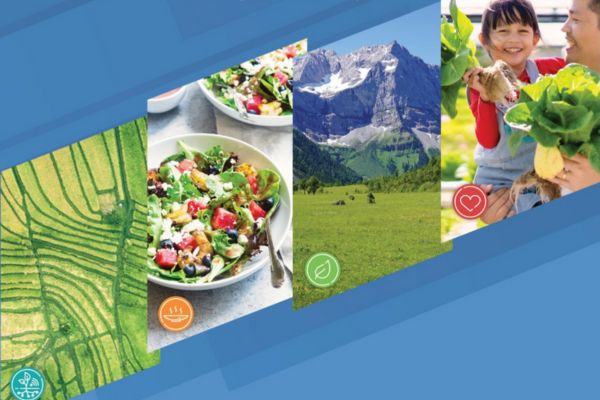
Publication
Medium Term Plan and Programme of Work
The Director-General’s Medium Term Plan 2026-29 and Programme of Work and Budget 2026-27.
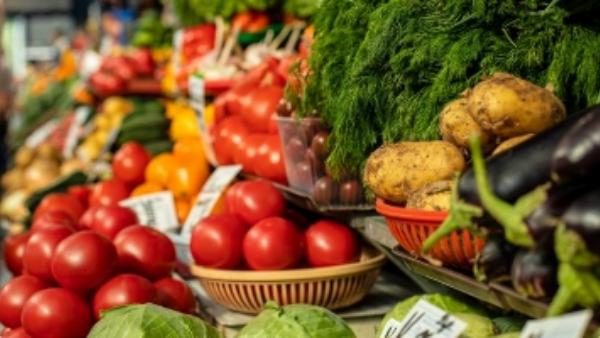
In Focus
FAO Data Lab
The FAO Data Lab for Statistical Innovation modernizes the statistical business process, with a specific focus on emergency contexts, when having access to timely information is very important.
FAO and the SDGs
Hover the mouse over an SDG icon for more information
A world free from hunger and malnutrition where food and agriculture contributes to improving the living standards of all
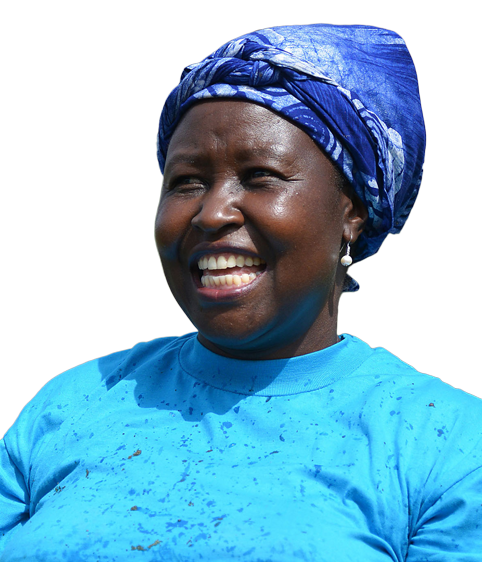
FAO works with governments and partners to empower some of the world’s most marginalized people to end rural poverty.
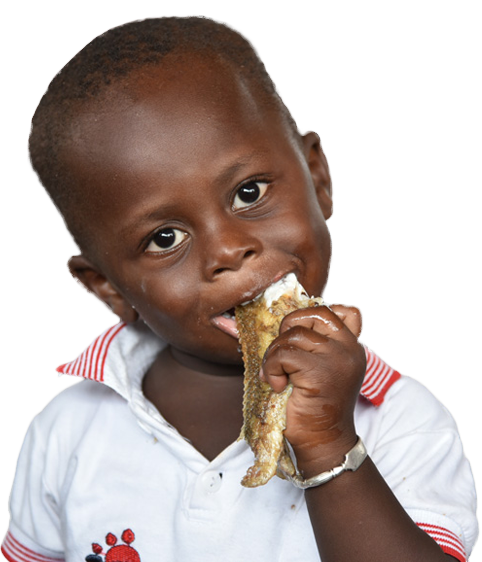
FAO helps ensure food security by developing ways of growing food that will work in the future so that millions of people don’t go hungry.
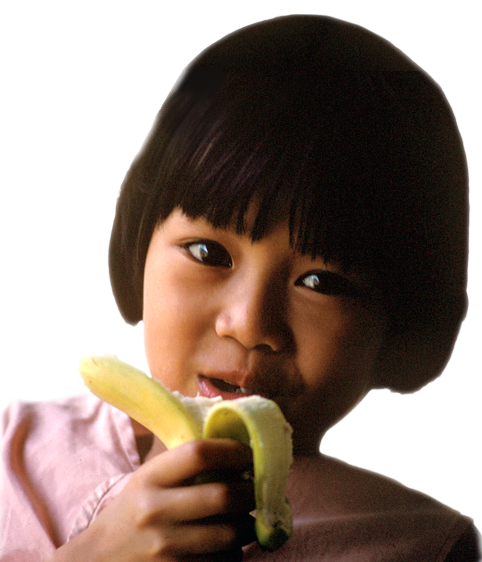
Good health starts with nutrition. FAO sets global standards and works with governments and the private sector to ensure food quality and safety throughout the food chain.
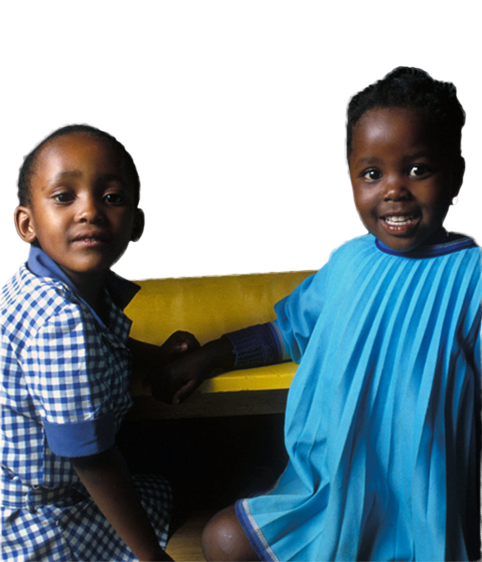
FAO invests in educational systems for rural communities and supports improved access to primary education and school meals in order to create equal opportunities for all and chances of lifelong learning.
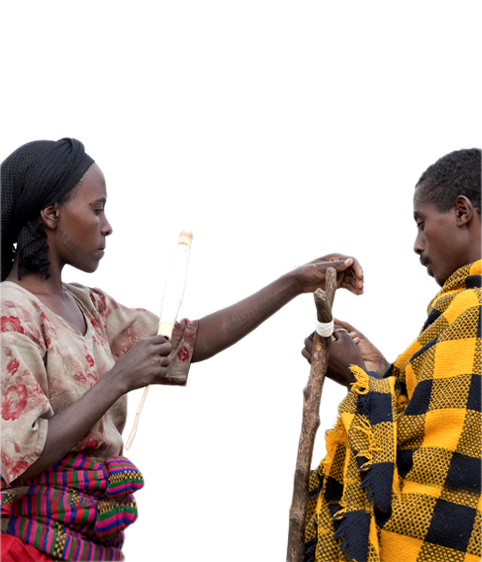
FAO supports gender equality in the agricultural sector in an effort to raise levels of nutrition in local communities and improve agricultural productivity.
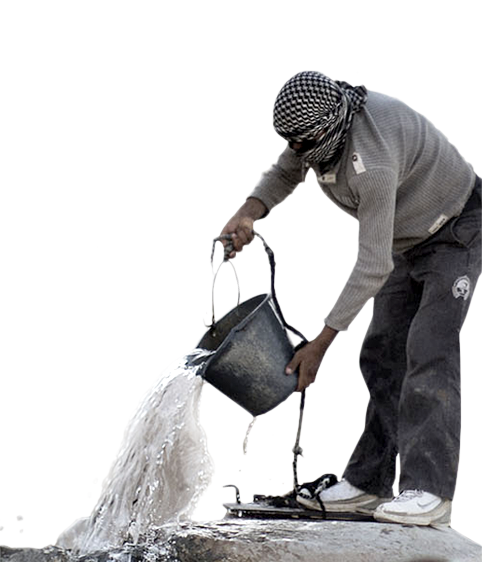
FAO works with governments to ensure water use in agriculture is made more efficient, equitable and environmentally friendly.
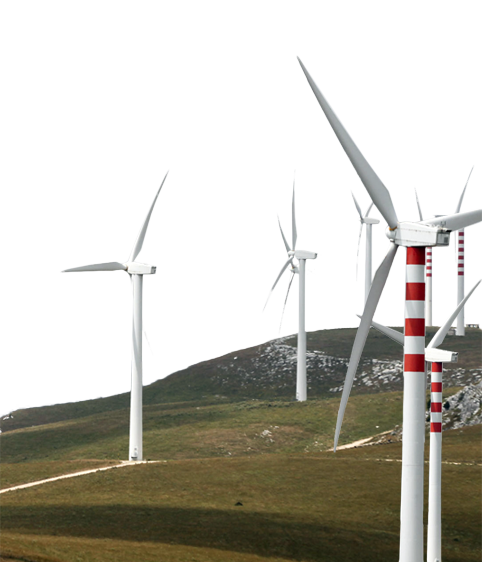
FAO promotes the use of renewable energies and works to ensure access to modern energy services across the food chain.
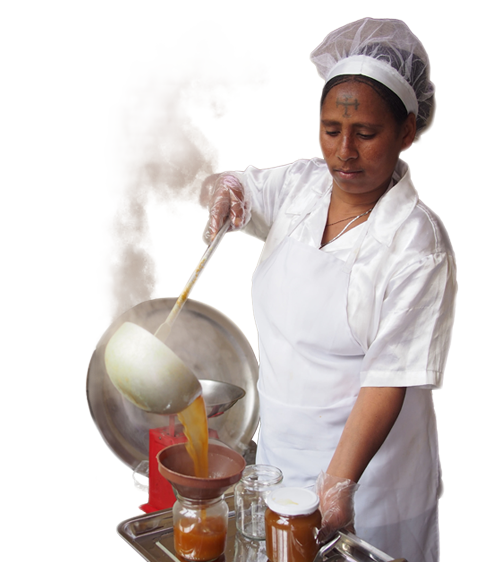
FAO seeks better economic opportunities for all by investing in sustainable agricultural practices and food systems that reduce inequalities and create decent jobs.
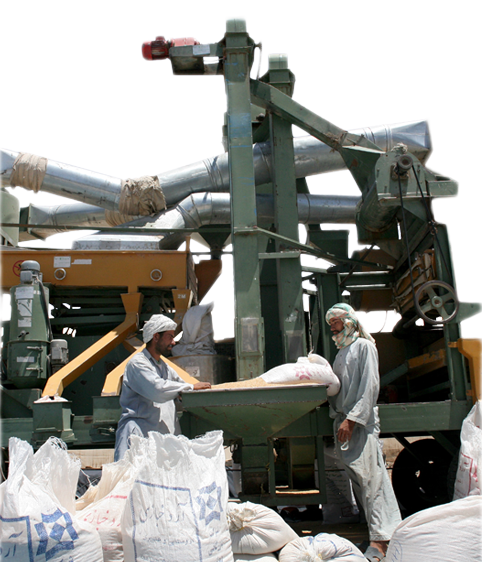
FAO seeks to secure a future for rural communities via investments in transportation, irrigation, food storage facilities and communication technologies.
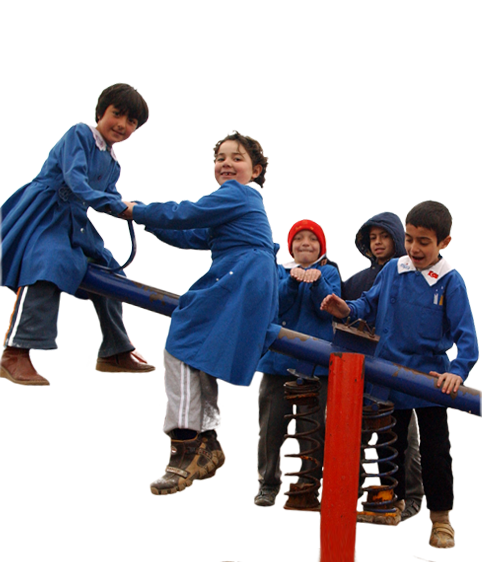
FAO works with countries and partners to generate employment in rural areas, ensure access to natural resources for the most vulnerable and connect farmers to markets.

FAO works to improve urban healthcare, water quality and rethink city region food systems to help deter the negative effects of sprawling urbanisation.
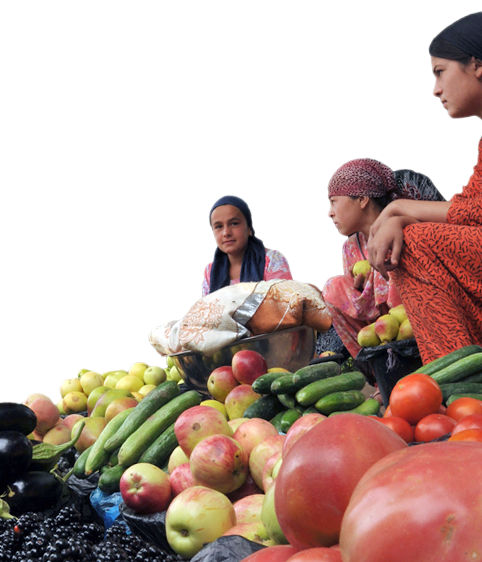
FAO coordinates major global initiatives and projects to tackle food waste and loss, partnering with international organisations, the private sector and civil society.
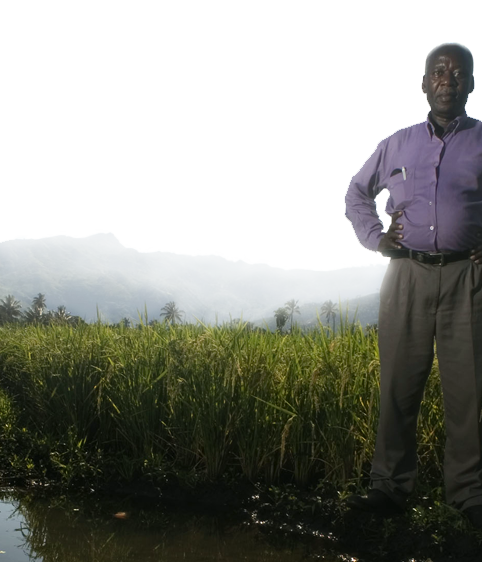
FAO supports countries in responding to the threats of climate change by providing advice, data and tools for better agricultural policies and practices.
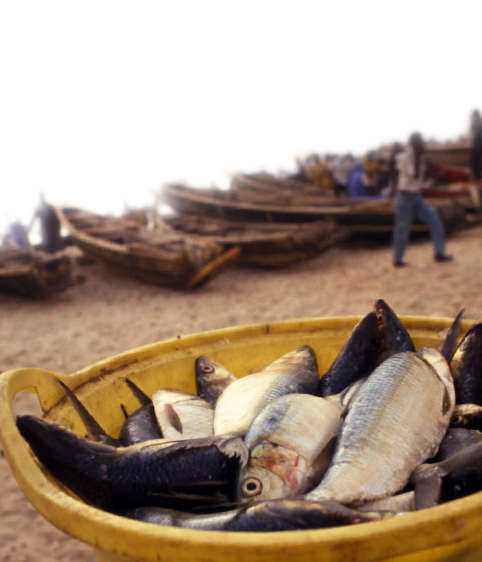
FAO, in partnership with governments and fishing communities, implements best practices in fisheries to ensure our oceans are protected as a means of livelihoods.
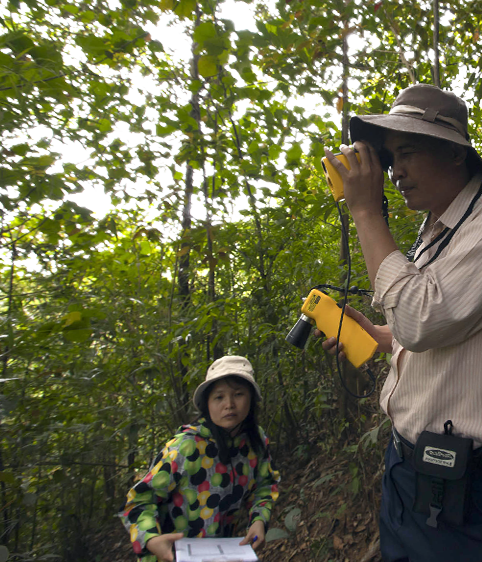
FAO promotes sustainable approaches to natural resource management and supports endeavours that promote a balance between conservation and development initiatives.
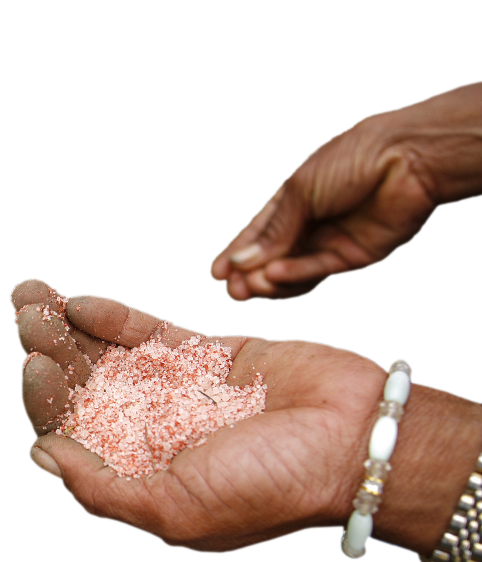
FAO plays a critical role in peacebuilding, restoring rural livelihoods, building resilience and participatory approaches to policymaking.
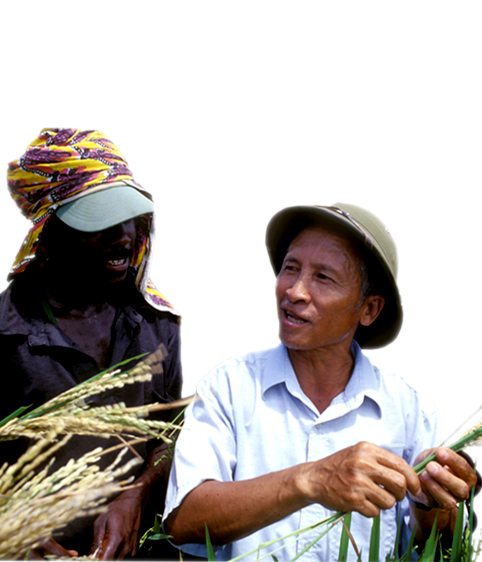
FAO acts as a neutral policymaking forum and develops partnerships with all concerned with food and agriculture to ensure a world free from hunger.





















